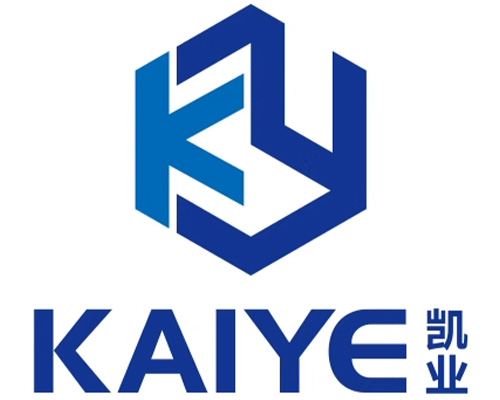If the corrosion products generated by the metal due to the action of the medium have a dense structure and form a thin film (often invisible) that tightly covers the surface of the metal, it will change the surface state of the metal and make the electrode potential of the metal greatly increase. The positive direction changes and becomes a corrosion-resistant passive state. The film that makes it show corrosion-resistant properties of precious metals is called a passivation film.
The passivation mechanism can be explained by the thin film theory, that is, passivation is due to the interaction between metal and oxidizing substances, which generates passivation film,that is very thin, dense, and has good covering property on the metal surface, and is firmly adsorbed on the metal surface. This film exists as a separate phase, usually a compound of oxidized metals. It plays the role of completely separating the metal from the corrosive medium, preventing the metal from contacting the corrosive medium, so that the metal basically stops dissolving and forms a passive state to prevent corrosion. Passivation of metals may also be a spontaneous process (such as the formation of a layer of insoluble compounds, an oxide film, on the surface of the metal). In industry, passivating agents (mainly oxidants) are used to passivate metals to form a protective film. For example, cold concentrated sulfuric acid, cold concentrated nitric acid can cause passivation with iron and aluminum.
Compared with the traditional physical sealing method, passivation treatment has the characteristics of absolutely not increasing the thickness of the workpiece and changing the color, improving the precision and added value of the product, and making the operation more convenient. Since the passivation process is carried out in a non-reactive state, the passivation agent can be added and used repeatedly, so the life is longer and the cost is more economical. Passivation promotes the formation of an oxygen molecular structure passivation film on the metal surface. The film layer is dense and stable in performance, and it also has a self-repairing effect in the air. Therefore, compared with the traditional method of applying anti-rust oil, passivation is more stable and has better corrosion resistant.

